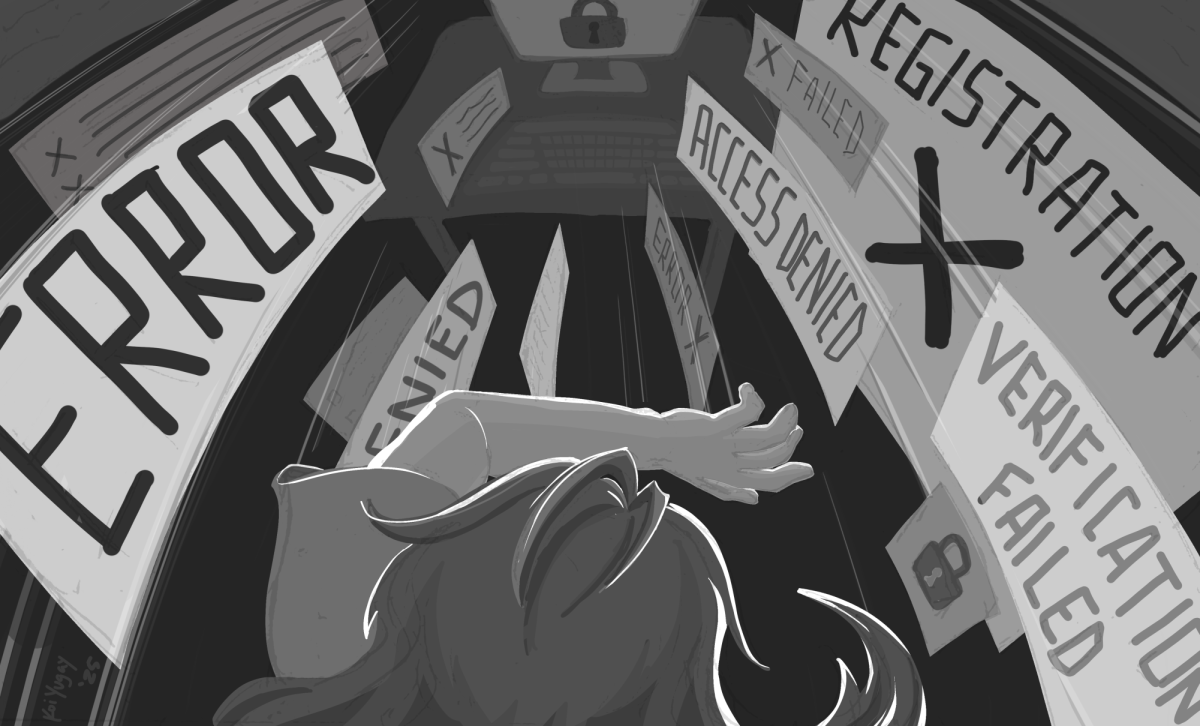Throughout this academic year, I have received more and more scam emails about jobs to my school email account.
The emails are always offering to hire for part-time jobs, or to hire El Camino College students as personal assistants, promising flexible working hours. This can be appealing to college students that are trying to juggle school work and financial responsibilities.
These emails also request students to provide personal information about themselves sent through their personal email addresses, including their address, phone number, and even bank account information.
ECC should have a direct notification system for our school emails that will help reduce the number of students who will be scammed by these job offers in the future.
If ECC took the initiative to bring awareness to students about these scam emails, that put student’s personal information at risk, there would be a lot more recognition of these emails.
I think a better way to solve this issue is to have a better monitoring system to track these job email scams. ECC’s Information Technology (IT) team should create some kind of direct notification system to notify all ECC students after a job email has been sent out.
This will help inform ECC students directly that they have received a scam email and will prevent them from being a victim of these scams.
Despite ECC officials sending out cautionary emails after a job email scam has been sent out, they are usually sent out until much later after the fact.
A scam email could be sent in the morning, but students sometimes do not receive an email from ECC regarding the scam until later that afternoon. This system is not effective because students may have already communicated with and given personal information to the scammer before the notification email from the college has been sent out.
Students could potentially be jeopardized by already putting out their personal information to the scammer. We do not know the financial implications these scams could be having on ECC students.
For incoming students, ECC should include a session about job email scams within its new student orientation to help students understand what scam emails look like and how to report them. This should help reduce the number of students who get scammed from these emails who are simply trying to find a job to support themselves.
The current phish and scam reporting system, according to ECC’s Phishing and Spam User Mitigation Guide, shows students how to identify both types of emails and how to report them as well. It also suggests sending the spam email as an attachment to spamalert@elcamino.edu with the subject line “Phishing Email.”
ECC has added a notification for non-ECC emails that displays an “[EXTERNAL]” message within the subject line to notify users that an email has come from an outside, non-ECC email account. This notification system has been in place since Jan. 2019.
Even recently, amidst the COVID-19 pandemic, job scammers have tried to take advantage of the coronavirus outbreak by offering students the option to work from home.
Students should not be victims of phishing scams during the coronavirus pandemic. Students should be able to focus on their schoolwork and be there for their loved ones during the stressful times we are in.
If we do not solve this issue, the number of ECC students getting scammed will eventually worsen, as will the possibility of students exchanging their personal information become more difficult to stop.







